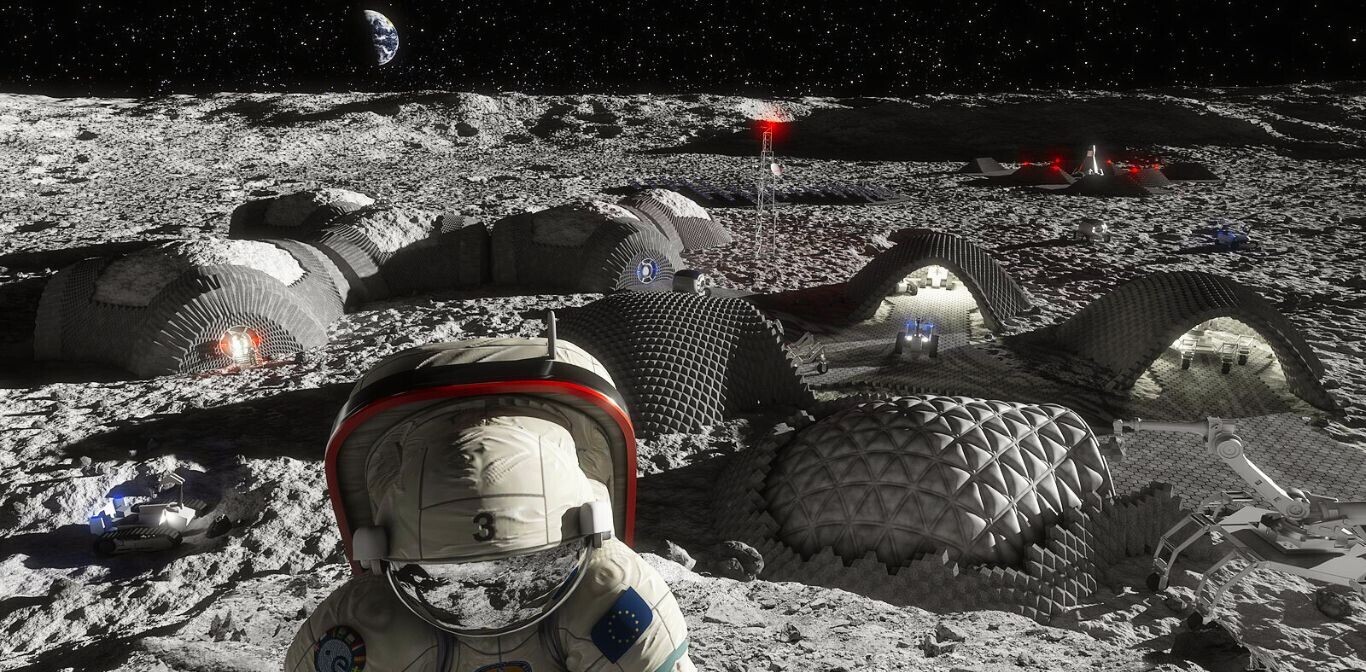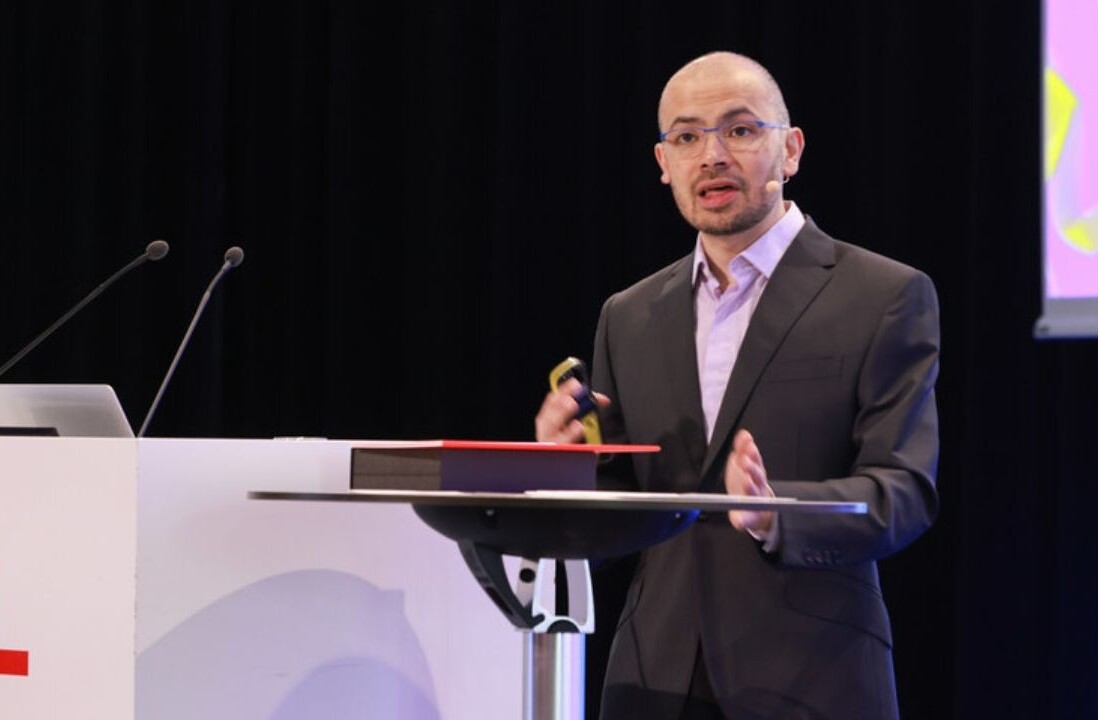
When I was a teenager, I would have told you that religion is the cause of all the world’s ills. I was fairly convinced of that. Today, I’m not totally convinced of anything.
That said, this verse from Future of the Left’s ‘The Hope That House Built’ still accurately reflects my view on organized religion:
Turn around face our deepest fears,
Re-imagine God as just a mental illness
Looming towards (appearing towards)
The end of our days (the end of our days),
Think again how could we go wrong with supernatural creatures who control our fate,
Could anyone tell?
Yesterday, travelling from my hometown of Norwich, in the east of England, to London, I met a vicar from the Church of England and we had a pleasant conversation that ranged from what faith means to personal conceptions of god and the state of the world today.
It helped solidify my thoughts on what really causes most of the world’s problems – from the rise of I.S. to the Syrian refugee crisis and famine, American hegemony and British guilt.
The problem that befuddles humanity and on a micro-level the tech world is the issue of the nation state. Borders, boundaries and nationalities are the roadblocks that prevents us from realising that we are one humanity, fragile beings attempting to get off this particular rock.
The origins of the ‘nation state’ aren’t clear. Historians argue – as historians love to do – endlessly over chicken/egg questions – “Which came first: the nation or the nation state? The nationality or the state under which they cluster?”
Take France. British historian Eric Hobsbawm argued that the French state existed before the notion of the ‘French people.’ He believed the state created the nation and not the people.
In Hobsbawm’s conception of French statehood, French nationalism only coalesced into something recognisable around the Dreyfus Affair at the end of the 19th century.

Other European nation states, such as Germany, only came together as a result of political agitation by nationalists. In the case of Germany, the powerful Prussia military establishment encouraged the rest of the German speaking principalities and small states to glom together.
In political debates, borders are treated like physical features of the world, but in truth, they are often arbitrarily drawn lines, imposed fairly recently to achieve political means (occasionally the means of states far from the people directly affected).
The states of the Middle East are largely the result of European horse-trading in the aftermath of the the fall of the Ottoman Empire. The distinction between Iraq and Syria, both once parts of ancient Mesopotamia, is an arbitrary dice of roll by ‘statesmen.’
So where does tech come in? Because we, as people who generally believe in the free movement of capital and humans, should work hard to shake off our ties to nationality and state.
States are a product of administrative need – break up the people into easy units and taxation, housing, military conscription all become far easier to achieve.
We have the United Nations, but we need united humanity.
I quite like being British but I would not say I am proud of it. Being proud of an accident of birth is like being proud of the winning record of a football team made up of multi-millionaires you don’t know, purchased by a foreign owner who knows nothing about your life.

We have to stop questing for the next Silicon Valley and realise that thanks to technology, we are all citizens of the internet, brought together through screens. The internet is not a foreign country. We are all welcome here.
Get the TNW newsletter
Get the most important tech news in your inbox each week.




